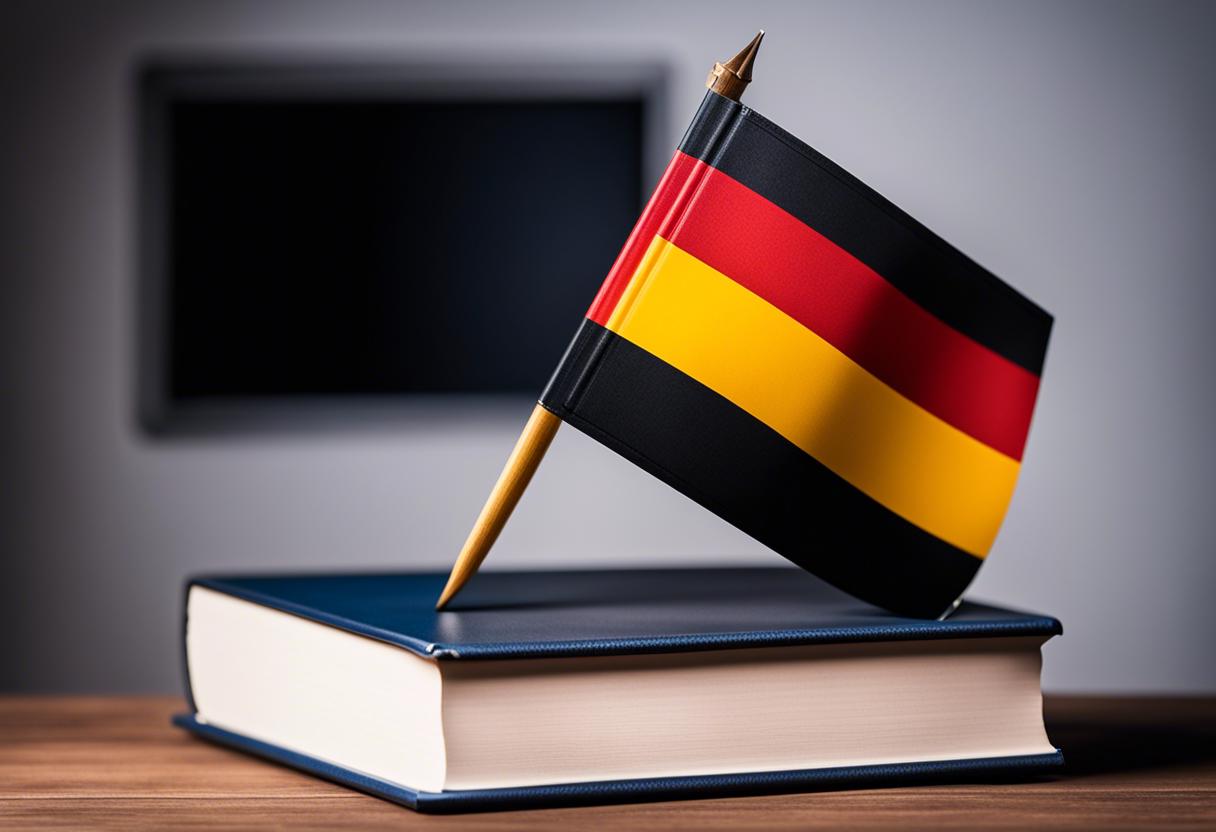The novel Kairos, authored by Jenny Erpenbeck and translated by Michael Hofmann, has been awarded the International Booker Prize 2024. This results in both being respective pioneers as the first German author and male translator to garner the accolade. A cash prize of £50,000 (€58,500) will be split between them. The announcement came from Eleanor Wachtel, this year’s head judge, at a ceremony held at the Tate Modern in London on a Tuesday night. They emerged victorious from a record-breaking pool of 149 contenders.
The plot of Erpenbeck’s work is set in 1980’s East Berlin, revolving around a destructive love affair between a younger woman and an older man. The narrative cleverly intertwines personal turmoil and political upheaval, depicting the lovers as the embodiment of the communist state’s shattered ideals, holding onto the past despite their awareness of a need to progress.
Describing Kairos, Hofmann refers to it as essentially capturing a decade before and after the fall of the Berlin Wall in 1989. He draws an analogy of the book to a coin that carries a personal tale on one side (heads) and the symbol of the state on the flip side (tails), being periodically tossed into the air, landing either way.
Born in 1967 in East Berlin, six years subsequent to the first phase of the Berlin Wall’s construction, Erpenbeck went on to perceive the fall as symbolising liberation. She expressed her interest in the story not ending with the liberation but actually continuing through the years that preceded and succeeded the event. It also explores what transpires after the seemingly “happy ending”.
Terming Kairos as a work of stunning prose, Wachtel elaborated on how it elegantly weaves personal narratives and politics but also uncomfortably so. She elucidated how Erpenbeck engrosses readers in linking grand political shifts defining generations and a heart-breaking and severe romantic liaison, eventually leading to pondering the concept of fate and personal will. Drawing a parallel with the former East Germany, known officially as the German Democratic Republic for its 41-year duration, Wachtel outlined how it all begins promisingly and confidently, only to deteriorate eventually.
The International Booker Prize 2024 shortlist was dominated by entries from Europe and South America. The preferred selection came from six book nominees, which comprised of Not a River by Selva Almada, translated by Annie McDermott, The Details by Ia Genberg, interpreted by Kira Josefsson, Mater 2-10 penned by Hwang Sok-yong and translated by both Sora Kim-Russell and Youngjae Josephine Bae, What I’d Rather Not Think About by Jente Posthuma and translated by Sarah Timmer Harvey, and Crooked Plow crafted by Itamar Vieira Jnr and translated by Johnny Loren. All books had to be available in either British or Irish marketplaces between May 1st, 2023, and 30th of April, 2024.
The jury members alongside Wechtel included esteemed poet Natalie Diaz, author Romesh Gunesekera who was previously listed on the Booker Prize, visual creative William Kentridge, and literary figure, editor, and translator, Aaron Robertson.

